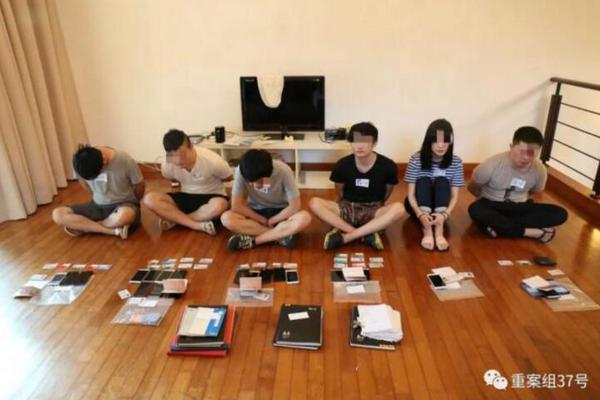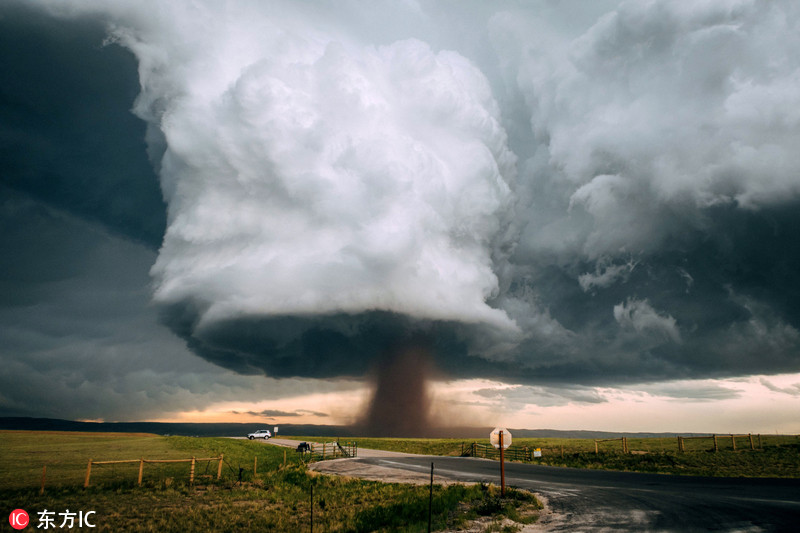The Watch Flesh Clerk Who Shoves You Up And Down Onlineinternet has changed how kids learn about sex, but sex ed in the classroom still sucks. InSex Ed 2.0, Mashable explores the state of sex ed and imagines a future where digital innovations are used to teach consent, sex positivity, respect, and responsibility.
I first learned the meaning of the word "masturbation" when I was 13 years old.
The definition didn't come from a teacher, nor did it come from a sex educator, or even a grownup. Instead, I learned about masturbation from my classmate Charlotte, who had taken to casually dropping it into conversation as though we all knew the meaning of the word. I did not. At the first opportunity alone with her, I asked her.
"I don't know what masturbation is," I said, mortified by my own ignorance. "You don't?" Charlotte replied. In between being shown shots of STI-infected genitalia and hearing about unplanned pregnancies, this word hadn't come up.
"Basically, it's when you touch yourself, you know,down there," she whispered, raising her eyebrows. "I've never done it," she added proudly. "But I might have done it by accident when I was exploring my body." Ah, I thought to myself. So, this is something to be ashamed of, something we don't admit aloud? It took a long time to shed those feelings of shame.
"This understanding of self is a clear and direct connection to being more empowered in sexual relationships."
This omission in sex education is not an isolated incident. In an age when sex education is still not a compulsory element of school curricula in many countries, including the U.S. and UK, young people are still not being consistently taught about masturbation and sexual pleasure. Indeed, research conducted by the UK's Sex Education Forum found that 60 percent of 16 to 25 year olds had "not learnt about sexual pleasure."
In the U.S., fewer young people than ever before are receiving any formal sexual education, per Planned Parenthood figures. And, Sonya Norsworthy — Planned Parenthood's interim vice president of education — said many young people are getting "ineffective programs" that "shame, judge, and don't fully educate them about their bodies."
These knowledge gaps can have long-lasting implications on people's relationships with masturbation, sex, and their own sexual pleasure. People who "receive negative messages" about masturbation "often carry feelings of shame into adulthood," Norsworthy told Mashable. These negative feelings "can threaten our health and wellbeing."
Shame isn't the only message disseminated when masturbation is excluded from the syllabus. Karen Rayne — executive director at Unhushed, a nonprofit dedicated to sex-positive sex education — said people often believe that "sex" means "partnered sex and by that they mean penis-in-vagina intercourse." Teaching about masturbation, therefore, widens people's understanding of what constitutes "sex," making sex education more meaningful and relevant to those who don't have penis-in-vagina sex, including the LGBTQ community.
By not teaching about all the ways partners can pleasure one another, we present students with a heteronormative picture of what constitutes sex. Justin Hancock, sex and relationships educator at bishUK.com, which describes itself as a sex guide for those 14 and over, said that often in sex ed "penis-in-vagina intercourse" is talked about "as it is the only 'real form of sex.'" Not only does that exclude people who "don't want to or can't have that kind of sex," Hancock said, it also creates an expectation "that people should have that kind of sex whether they might enjoy it or not."
Members of the LGBTQ community are still facing questions like "How do you even have sex?" suggesting that there are persistent knowledge gaps in people's education, Rayne said.
SEE ALSO: 9 sex myths that teens — and adults — are still asking aboutMasturbation plays a crucial role in helping people understand what they enjoy sexually and how to achieve sexual pleasure. "When young people (especially people with vulvas) learn about their own genitals through self-touch they are much more likely to be clear about what they want and like from and with their partners," Rayne said. "This understanding of self is a clear and direct connection to being more empowered in sexual relationships." Essentially, by "skipping over this topic" we are missing a big opportunity to "empower young people," she said.
For heterosexual women, the repercussions of not learning about pleasure are catastrophic. Pera study by Chapman University in California, 95 percent of heterosexual men always orgasm during sex, but only 65 percent of straight women can say the same. Researchers cite sex education that fails to teach pleasure as one reason behind this inequality, known as the "orgasm gap."
Research has shown that for 75 percent of people with vulvas, penetrative sex alone just doesn't cut it. More often than not, other forms of stimulation like masturbation and oral sex are required.
 Original image has been replaced. Credit: Mashable
Original image has been replaced. Credit: Mashable The language we use to refer to these forms of stimulation is a stumbling block, Hancock said. By referring to and regarding these activities as "foreplay" rather than a form of sex, we are reinforcing this notion that penis-in-vagina is the only valid route to sexual pleasure. "If sex education, more broadly, was teaching that there were many different kinds of sex that might be enjoyable (both solo and with someone else) then more people might be able to experience pleasurable sex more often," Hancock explained.
Calling masturbation "solo sex" is one way to "drive home that it's still sexual activity, even when it's not with a partner," Rayne said. For heterosexual women affected by the orgasm gap, recognising the importance of masturbation in partnered sex can help them bridge this gap in their own bedrooms through things like mutual masturbation and encouraging their partner to manually stimulate their clitoris.
"Not only are we not teaching about how sex can be pleasurable, we are teaching that sex is painful."
There's a massive problem with the way people with vulvas are being taught about sex. "Not only are we not teaching about how sex can be pleasurable, we are teaching that sex is painful," Hancock said.
One in 10 British women regularly experiences pain during sex, according to the National Survey of Sexual Attitudes and Lifestyles — something Hancock believes stems from gaps in our sex ed curricula.
"I think that this comes from a lack of teaching about how sex might be pleasurable, this idea that penis-in-vagina sex is the only game in town, and a lack of teaching (and understanding) about vulvas," Hancock said.
"Underlying all of this are the deep-seated patriarchal assumptions about what sex is and who sex is for," he continued. "The idea that women only want love and men only want sex is still one of the underlying ‘truisms’ that we hear all the time, but yet is patently untrue."
When we omit certain important lessons from our curricula, we send a message to young people that this piece of information isn't useful or valid. By not teaching masturbation as a valid form of sex, we suggest that penis-in-vagina sex is the only form of sex that society recognises. By failing to teach sexual pleasure, we perpetuate the cultural prioritisation of male pleasure.
It's time the sex ed syllabus was tailored to benefit everyone in society. Not just heterosexual men.
Featured Video For You
5 popular sex myths — debunked
Topics Social Good
















